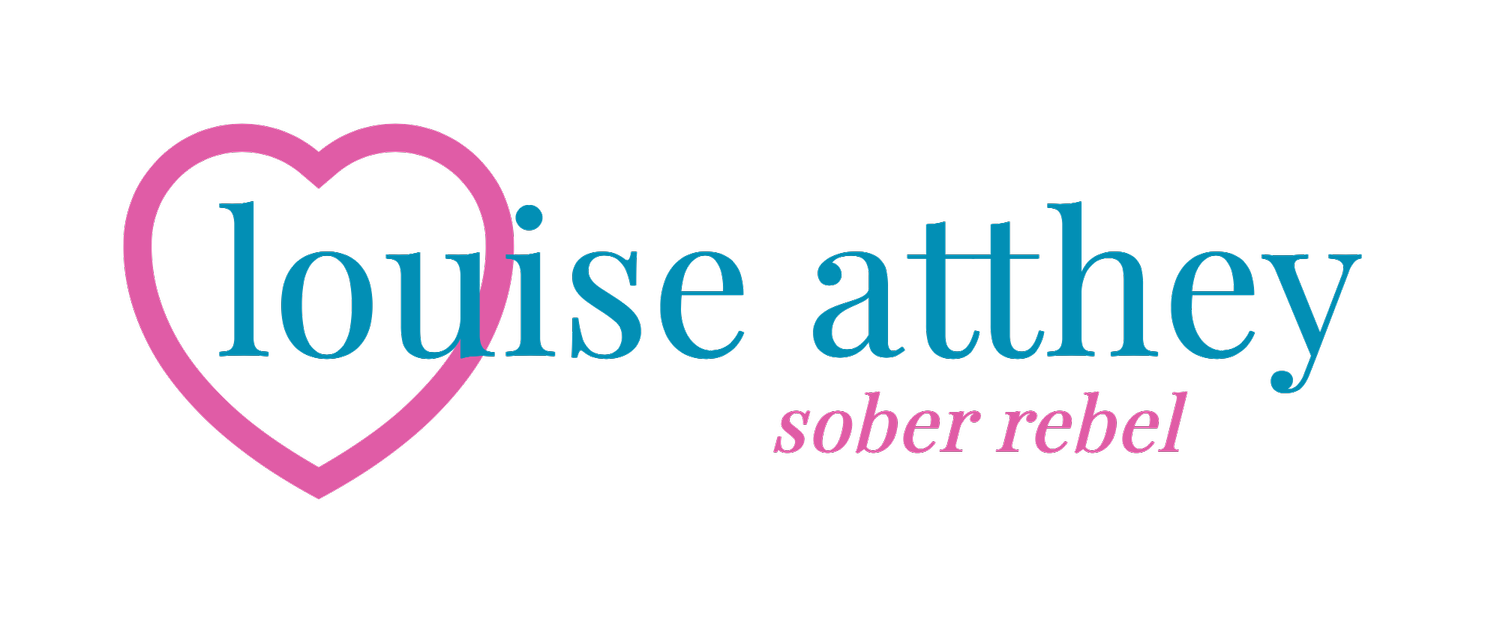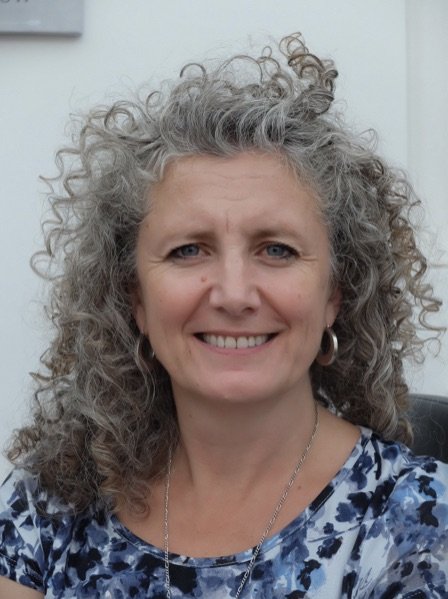hello & welcome
In 2009, I discovered that the way I drank alcohol was alcoholically. That didn’t mean it was daily, it wasn’t; it didn’t mean I carried it around, I didn’t. What it meant was that I had a relationship with it, it wasn’t something I could take or leave, I had a problem. If I’d been completely honest, I’d always known it was a problem. My first drink at university in 1986 resulted in what I now know is called a blackout, the inability to remember anything at all whilst drunk, not a vague recollection or bits that drift back into the conscious but a complete loss of memory. This became my pattern, not every time and differing in terms of consequences but – just the way I drank. Then in April 2009, something happened in a blackout that could have had a significant consequence on my children for the rest of their lives and I was forced to look at my drinking. Googling ‘problem drinking’ kept returning Alcoholics Anonymous and eventually, I went into the site and ended up going to a local meeting. I was horrified and disgusted, how could this possibly be me? Alcoholics were dirty old men on park benches, I was none of that and besides, I didn’t ‘need’ it. After three weeks of attending meetings and finding no alternative I decided I had no choice but to follow the suggestion and stop drinking. My problem then became clear. I couldn’t think, speak, I slept for hours, it was as if the oil had been drained from a car, I couldn’t function. I then discovered the complexity of the disease. My head tried to talk me out of it, how could this be me, how I hadn’t reached rock bottom, how I deserved it, it was my reward, wanted me to drink more. My body craved it, I felt ill, tired, dysfunctional. Inside, I felt empty, alone, broken. By listening to the stories of alcoholics in recovery, and with psychiatric support, I began to see how my ongoing mental health issues were significantly worsened by alcohol and that my unresolved addiction was the cause not the solution. Regular AA meetings, continued counselling, the support of my workplace gave me the time to evaluate my life and start again. Whilst I had initially denied the existence of a higher power, the 12 step recovery program has one at its core and finally accepting this saved my life. I had to learn to live life differently, to change the habits of a lifetime and create a life that didn’t need me to drink. No more putting on a face or a mask, complete honesty and transparency in all my actions, ensuring that stresses weren’t built up during the day. I turned to prayer a lot and it helps, I learned how to love myself, I’m honest about it whenever I feel I can be, I ignore the potential for judging.
Today, I live my life supported by a programme of recovery. Between AA, TLC (www.theluckiestclub.com), therapy, coaching, online courses, books and friends, there is a multitude of support systems that I use everyday. I used to hate that it would never be over, now I love that there’s always something new to uncover.
This is the best life 💕

